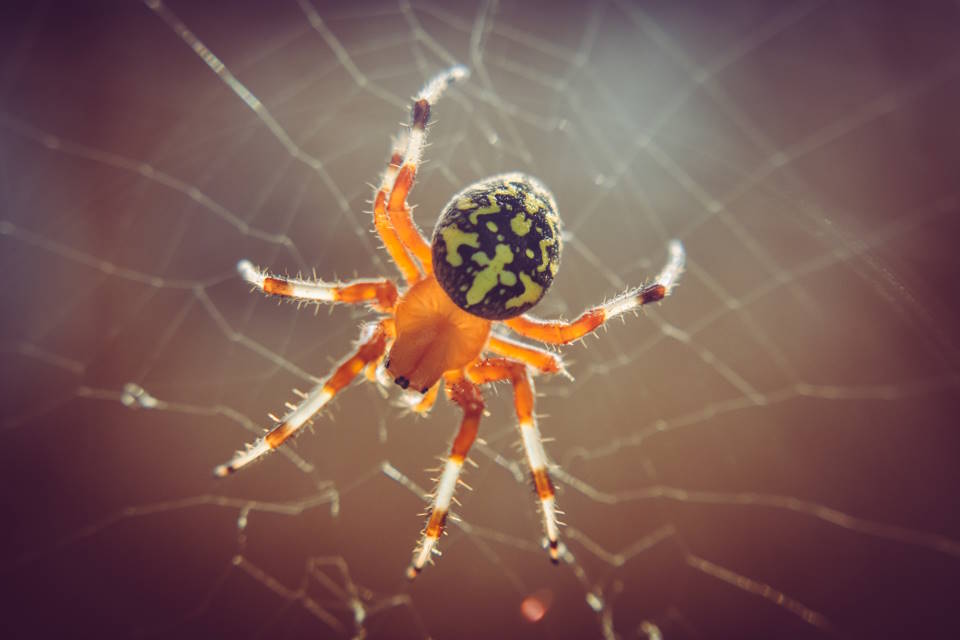Spiders are fascinating creatures that can inspire both awe and fear. They are often associated with darkness and hiding in small spaces, which has led people to wonder if their lighting choices can attract or repel spiders. In recent years, LED lights have become a popular lighting choice due to their energy efficiency and longevity. However, many have asked whether LED lights attract spiders or not. We will explore the relationship between spiders and LED lights, as well as delve into what lights don’t attract spiders and what color LED attracts spiders. We will also answer some common questions such as whether spiders hide in LED lights and whether they like red light. So, if you’re curious about how lighting affects spiders, keep reading!
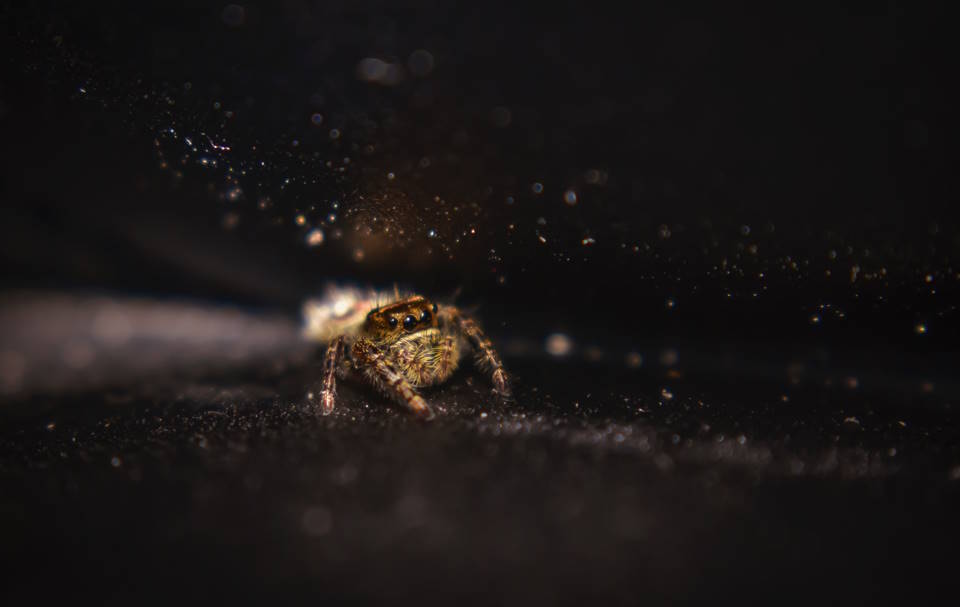
Introduction

LED lights have become the preferred lighting option for many people, as they are energy-efficient, long-lasting and tend to emit less heat than traditional bulbs. However, a question that often comes up is whether or not LED lights attract spiders.
There is no simple answer to this question, as there is conflicting information and research on the topic. Some studies suggest that spiders are not attracted to LED lights because they emit less UV light than other types of bulbs. However, other studies have suggested that some types of spiders are attracted to LED lights, especially those that emit blue or green light.
To further complicate the matter, some species of spiders are actually attracted to the insects that are attracted to light, rather than the light itself. So even if a spider is not attracted to the light directly, it may still end up around your LED lights if bugs are flying around them.
What Lights Don’t Attract Spiders?
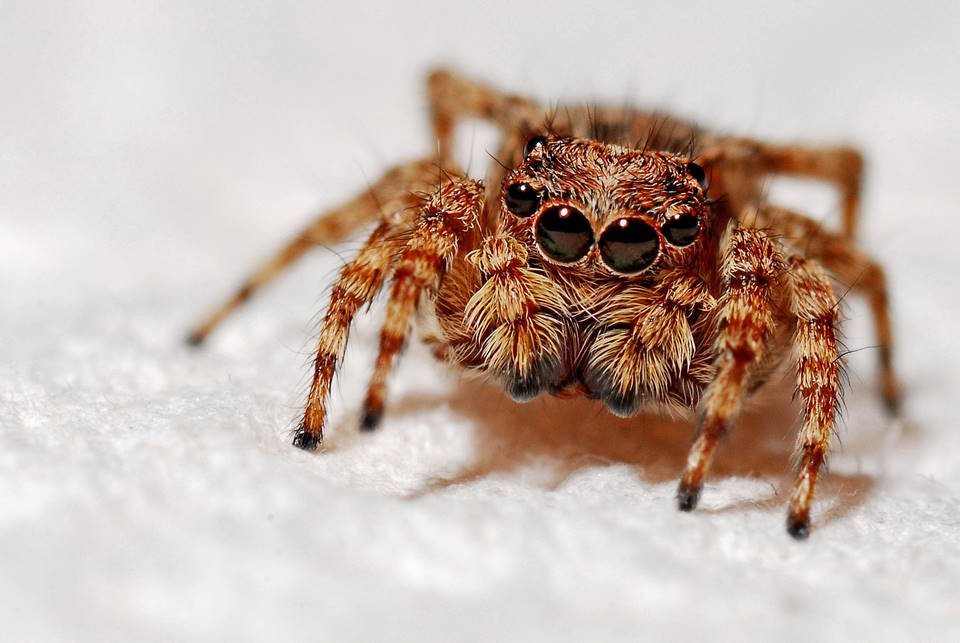
Spiders are creepy crawly creatures that most of us would rather avoid. If you’re one of the many people who dread finding spiders in your home, you might be wondering if your lights are attracting them. The good news is, not all lights are created equal when it comes to spider attraction.
According to researchers, spiders are actually not attracted to all kinds of light. While they do use light to navigate, they are most drawn to sources of UV and blue light, which can be found in traditional incandescent and fluorescent bulbs. However, they are less attracted to LED lights, which emit less of these wavelengths of light.
So, what lights don’t attract spiders?
- LED lights

While it’s not a guarantee that you won’t ever find spiders in your home if you use LED lights, it’s much less likely than if you were using traditional bulbs. Additionally, LED lights have the added benefit of being energy-efficient and longer-lasting, making them a great choice for your home lighting needs.
| Types of Lighting | Spider Attraction |
|---|---|
| Incandescent | High |
| Fluorescent | High |
| LED | Low |
So, if you’re looking to reduce the amount of spiders in your home, switching to LED lights could be a simple and effective solution. Not only will you be less likely to attract them, but you’ll also be saving money on your energy bill in the long run.
What Color LED Attracts Spiders?

Have you ever wondered what color LED lights attract spiders? Many people believe that insects are attracted to bright white or blue LED lights, but the truth is that spiders are attracted to different colors of light that are not as bright.
Studies have shown that insects and spiders are more attracted to lights that are in the ultraviolet (UV) spectrum. This means that lights with a blue or purple tint may actually attract more spiders than those with a bright white or yellow tint. Additionally, spiders are attracted to warmth, so they may be more likely to congregate around lights that emit heat, such as halogen or incandescent bulbs.

So, what color LED lights should you use if you want to avoid attracting spiders to your home?
- Experts recommend using LED lights that emit a warm, yellow or orange tint. These types of lights are less likely to attract insects and spiders, and they create a more inviting, cozy atmosphere.
- If you must use bright white or blue LED lights, consider placing them away from doorways and windows where spiders may be more likely to enter your home.
| Color of LED Light | Attracts Spiders? |
|---|---|
| Warm Yellow/Orange | No |
| Bright White/Blue | Possibly |
| UV or Purple/Blue Tint | Yes |
Do Spiders Hide in LED Lights?
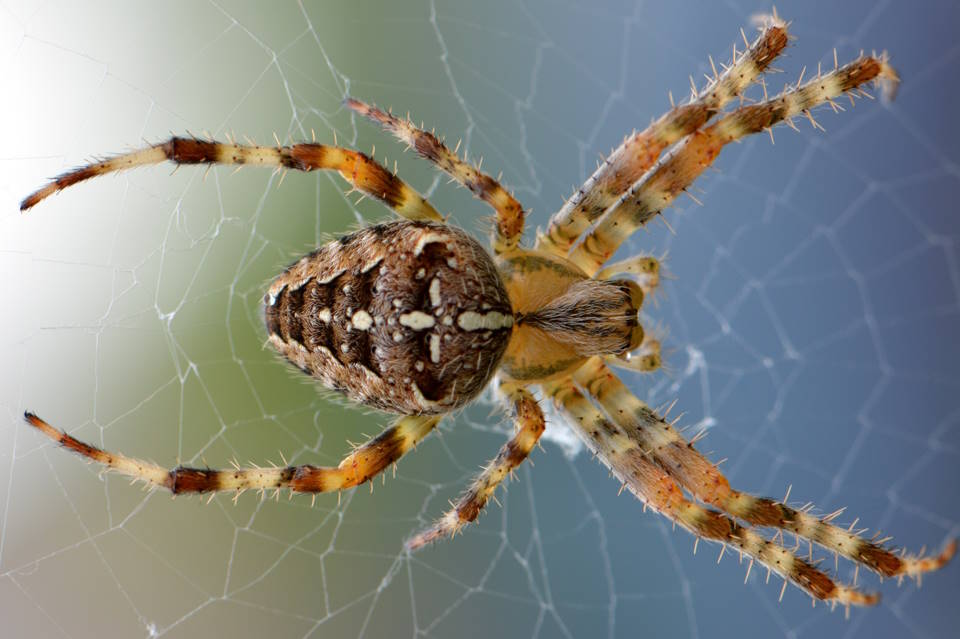
LED lights are known for their energy-efficient and long-lasting properties. However, many people are curious to know if these lights attract spiders and if spiders reside in or near them.
Studies have shown that spiders are attracted to light sources, but it is not necessarily the LED lights specifically that they are drawn to. Spiders are typically attracted to any light source as it can create an area for prey to gather.

It is also not common for spiders to hide within LED lights. LED lights do not provide the ideal environment for spiders to create their webs and catch prey. However, spiders may build webs near the lights to take advantage of any insects that are attracted to the light source.
- To prevent spiders from setting up webs near your LED lights, it’s best to keep the surrounding areas clean and dust-free. This will reduce any potential food source for them, making it less attractive for spiders to stay in the area.
- Choosing the right color for your LED lights can also play a role in spider attraction. Spiders are known to be attracted to warmer colors such as yellow, orange, and red, so it is better to choose cooler colors like blue, green, and white.
- Lastly, it’s important to regularly clean and inspect your LED lights to ensure there are no spider webs or insects residing within them. A simple wipe down with a damp cloth can do the trick!
Do Spiders Like Red Light?
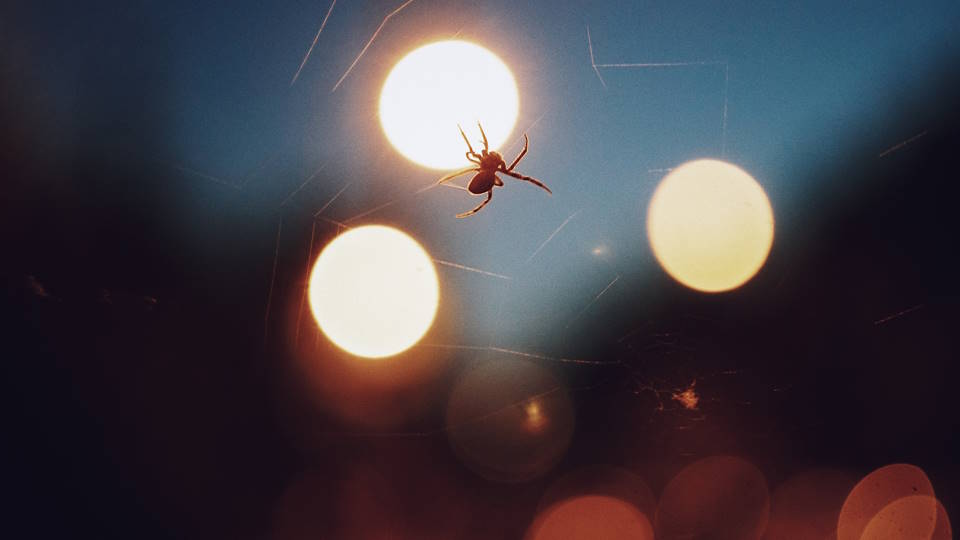
Have you ever wondered if spiders are attracted to a particular color of light? Maybe you’ve noticed more spiders gathering around your red night light and are curious if there’s a connection. Well, you’re not alone! Many people have speculated that spiders are drawn to certain colors of light, but is there any truth to these assumptions?
Firstly, it’s important to understand that spiders don’t have the same eyes as humans. Spiders have simple eyes that can detect light and dark, but cannot see in color. This means that color is not a determining factor for spiders when it comes to their attraction to light sources.
However, research has shown that spiders are attracted to certain wavelengths of light. In particular, many species of spiders are known to prefer UV light. This is because UV light is often seen as a beacon for prey, as many insects and other small creatures give off a UV reflection that spiders can see. So, while the color of light may not be a factor, the wavelength of light can play a role in attracting spiders.
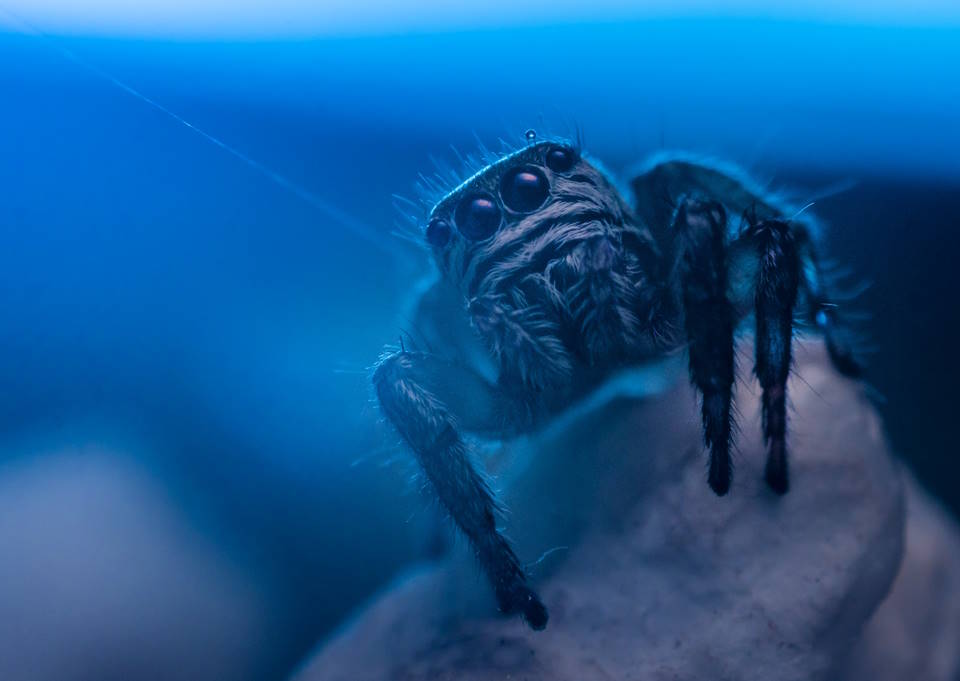
So, what about red lights? While there isn’t any specific research on whether spiders are drawn to red light, it’s believed that they are not. This is because red light has a longer wavelength than most other visible colors, making it less likely to be detected by spiders. Additionally, many species of spiders are nocturnal and have adapted to primarily use their other senses, such as touch and smell, when navigating and hunting. So, even if a spider were to come across a red light source, it’s unlikely that it would be drawn to it in the same way that it would to a UV light source.
In conclusion, while spiders may not be attracted to red light specifically, it’s still important to be aware of the type of light you use in and around your home. If you’re looking to avoid spiders, it’s best to use warm-colored LED lights and avoid leaving bright lights on overnight, as this can attract insects and other prey that spiders will feed on. And remember, while spiders may seem scary, they play an important role in maintaining the natural balance of our ecosystem.

